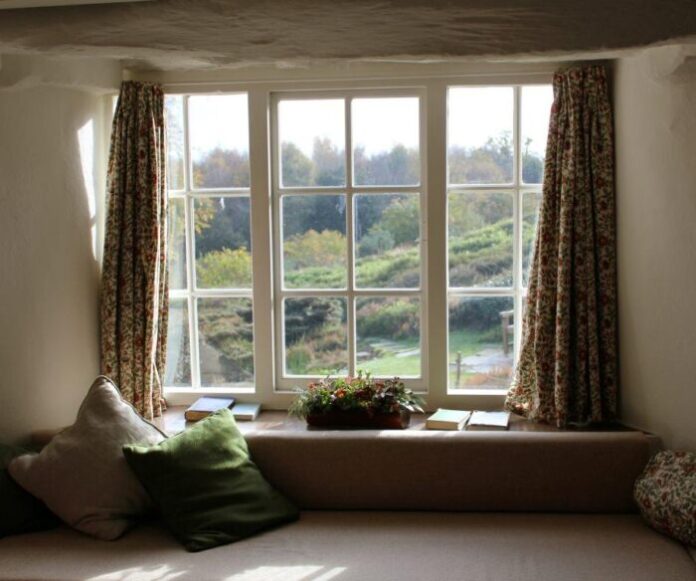
The OLEDWIND project starts as a partnership between ENEA and the Campania company Materias S.r.l. The aim is to develop innovative organic light sources, the OLED (Organic Light Emitting Diode), to be integrated in windows to illuminate the interiors of buildings in the absence of natural light. Thanks also to the use of cheap and sustainable materials, the new devices will make it possible to reduce the cost of lighting and improve people’s living well-being.
“This new technology will allow the creation of ‘smart’ windows that will carry out the ‘normal’ task of letting in natural light during the day, while from dusk onwards, thanks to the OLED inserted in the glass, they will maintain the desired level of brightness in the rooms”, explains Maria Grazia Maglione, researcher of the Nanomaterials and Devices Laboratory in the ENEA Portici Research Center (Naples).
People spend most of their time inside buildings where natural light contributes only a small part to the necessary lighting. In general, homes, workplaces, public offices and schools use artificial light sources, such as fluorescent (neon) and LED lamps, which rarely replicate the spectral and intensity content of natural light. This has consequences for the living well-being and health of the occupants, especially in the event of prolonged presence in such environments. “Hence the need to rethink the lighting methods of living environments, using new types of light sources that are more similar to natural light, that is, produce diffused light, are not glaring, have a possibly adjustable spectral content, but which are also efficient, that is, low consumption, cheap, use easily available and sustainable materials, but also biodegradable and that at the end of their life are easily manageable and recyclable, therefore environmentally friendly “, adds Maglione.
In the first phase of the project, the research will be focused on the development of semitransparent OLED prototypes that involve the use of materials and processes with low environmental impact and eco-sustainable, for their possible use in smart windows for interior lighting. “Here the collaboration with Materias S.r.l. will concern the identification of materials, the improvement of some process phases and the evaluation of the results achieved to plan the development of OLED with improved performance “, underlines Maglione.
In a second phase, the emission area and the general performance of the devices will be increased, including stability over time. “This will allow us to interface with lighting companies potentially interested in new lighting solutions – a sector in which the Italian industry is among the first in the world – but also with the manufacturers and installers of fixtures and windows, who would have the possibility to present innovative windows with integrated OLED devices ”, concludes Maglione.
OLED technology is configured as the evolution of lighting methods for closed environments, thanks to the peculiar characteristics of the devices, such as: large area of light emission with diffused light generation, thin and light devices, high efficiency, wide possibility of regulating the color of the light emitted, heat dissipation which does not require additional heat sinks and therefore low operating temperature, possibility of being carried out with low cost processes and on flexible substrates, transparency, with the possibility of creating any shape and geometry. In this regard, from a design point of view, OLEDs allow you to think of light as a material and not only as a function, and therefore as a real architectural element, allowing superior versatility in terms of design compared to LEDs, in harmony with the approach to new “Made in Italy” industrial productions.
The OLEDWIND project obtained a financing of 46,500 euros from the “Proof of Concept” program implemented by ENEA for the development and technology transfer to industry.



































